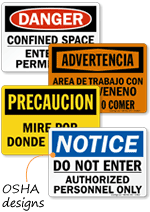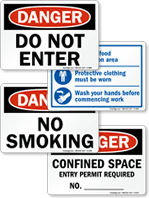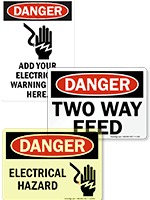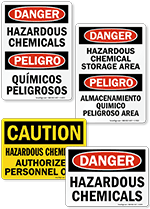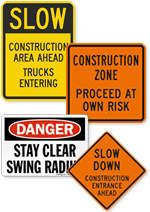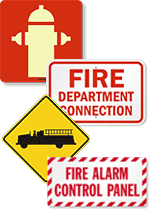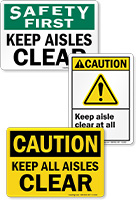NIOSH tackles fatigue during disaster response
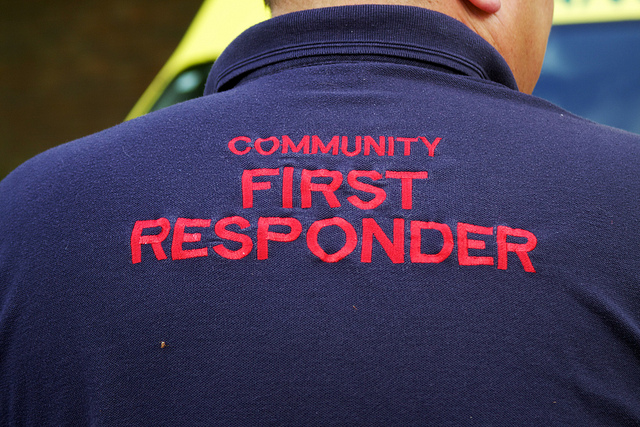
NIOSH has released a training program to address fatigue in emergency responders. From Sutton Coldfield Local.
The National Institute for Occupational Safety and Health (NIOSH) has released a new web-based training program that addresses one of the lesser-discussed threats facing emergency responders: sleep deprivation and fatigue.
Any worker who gets less than seven to eight hours of sleep — the amount recommended for adults by the National Sleep Foundation — increases their personal risk of conditions ranging from heart disease and diabetes to obesity and depression. These workers also risk the safety of those around them, because they are essentially working with impaired function, similar to being under the influence of drugs or alcohol. Slow reaction times, lack of concentration, reduced coordination, poor decision-making, and increased risk-taking are just a few behaviors associated with sleep deprivation.
In the workplace, that can have deadly consequences. According to the National Heart, Lung and Blood Institute, sleep deficiency has “played a role in human errors linked to tragic accidents, such as nuclear reactor meltdowns, grounding of large ships and aviation accidents.”

Disaster workers must live in dorms like this because the hotels are full and there is no other place to stay. From Wikimedia Commons.
The risks are especially high for workers who are providing emergency response and recovery operations during natural disasters, epidemics or other catastrophic events. They already face dangerous, and potentially deadly, work environments, and the long hours and high physical and emotional stress of the situation only exacerbate the potential for sleep deprivation. Studies have found that fatigue results in increased rates of injuries, accidents, medical errors and safety-compromising behaviors — threatening the health of both workers and those they are trying to help.
The free 30-minute program, “Interim NIOSH Training for Emergency Responders: Reducing Risks Associated with Long Work Hours,” is intended to help emergency responders and their managers establish practices for preventing, recognizing, and addressing fatigue and sleep deprivation when deployed to a disaster site. In addition to offering tips, it encourages workers to see sleep as a “critical logistical item, just like water, food and the supplies needed to carry out operations.”
Category: Safety Tips



